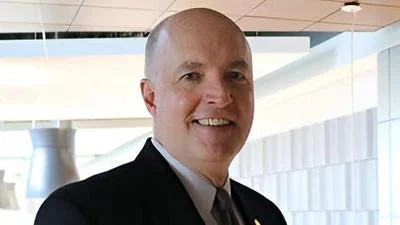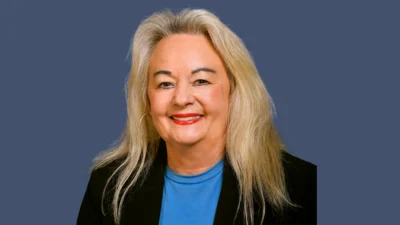A lack of mental health professionals is an unexpected side effect of the COVID-19 pandemic. | Photo courtesy of Unsplash
A lack of mental health professionals is an unexpected side effect of the COVID-19 pandemic. | Photo courtesy of Unsplash
Michigan is reportedly struggling to fill vacancies in mental health care due to poor pay incentives and long hours, raising concerns from experts as the COVID-19 pandemic has led to increasing cases of anxiety, depression and substance abuse, Bridge Michigan reported.
In particular, rural areas across Michigan are severely lacking in mental health professionals, including substance abuse clinicians, peer support specialists, child case managers, adult case managers and nurse practitioners.
Susan Kozak, a mental health administrator based out of Detroit, reportedly has been unable to fill 20 vacancies at her agency, Community Care Services (CCS), which provides outpatient substance abuse and mental health treatment. The understaffed CCS agency serves more than 6,000 families, including children, within Detroit and the Downriver communities.
“We can’t start programs. We can’t expand programs. Our caseloads are through the roof. We are not meeting client needs.," Kozak told Bridge Michigan.
A study from the Centers for Disease Control and Prevention (CDC) noted a significant spike in the number of mental-health emergencies in children and adolescents, signaling the ongoing severity of the crisis currently gripping the U.S.
“Emergency departments are often the first point of care for children experiencing mental health emergencies, particularly when other services are inaccessible or unavailable,” the CDC said in its study.
Another survey by the Kaiser Family Foundation found that people between the ages of 18 and 24 are two times more likely to report suicidal thoughts and substance abuse as those over 25. “The pandemic has exacerbated the situation to the point where (lack of mental health care) is near epidemic proportions,” Kevin Fischer, executive director of the Michigan chapter of the National Alliance on Mental Illness, told Bridge Michigan.
To address the shortage in mental health professionals, industry experts have provided a series of recommendations. Chief among these ideas are loan forgiveness and boosting pay for workers. Michigan reportedly has more than 34,000 vacancies in the field of direct care. Until those are filled, professionals will continue to be overworked and underpaid, not only causing suffering to themselves, but also their clients, who are often in desperate need of help.
“When I get in on Monday, I have my entire day filled up. From 9:30 am to 6 pm, I will be full," Detroit-based adult therapist Ellen Robey of CCS said, according to Bridge Michigan.





 Alerts Sign-up
Alerts Sign-up